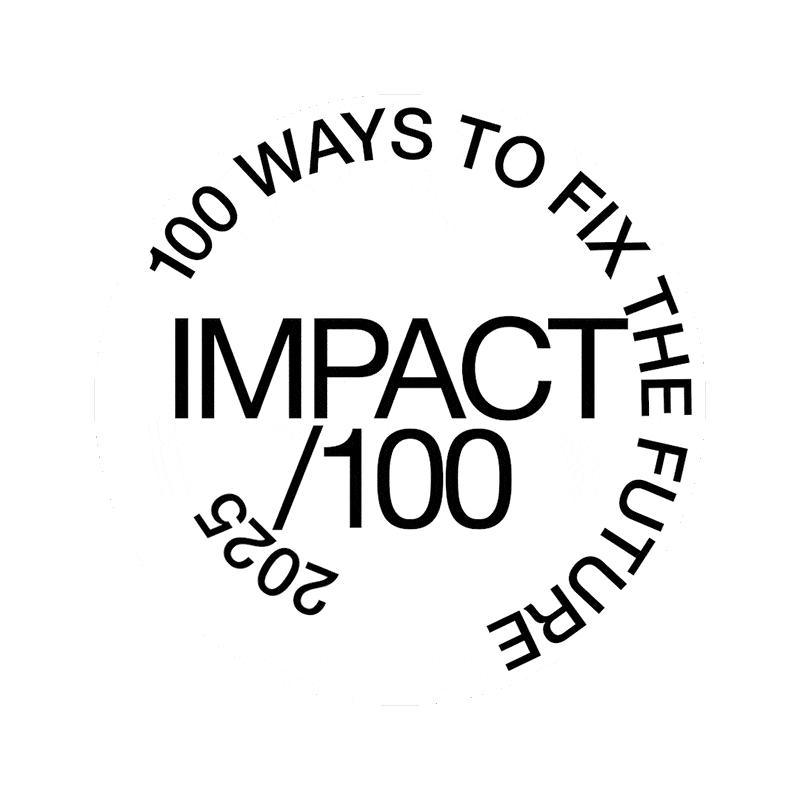QA Lead Engineer

Sand Technologies
About Sand
Sand Technologies is a fast-growing enterprise AI company that solves real-world problems for large blue-chip companies and governments worldwide.
We’re pioneers of meaningful AI: our solutions go far beyond chatbots. We are using data and AI to solve the world’s biggest issues in telecommunications, sustainable water management, energy, healthcare, climate change, smart cities, and other areas that have a real impact on the world. For example, our AI systems help to manage the water supply for the entire city of London. We created the AI algorithms that enabled the 7th largest telecommunications company in the world to plan its network in 300 cities in record time. And we built a digital healthcare system that enables 30m people in a country to get world-class healthcare despite a shortage of doctors.
We’ve grown our revenues by over 500% in the last 12 months while winning prestigious scientific and industry awards for our cutting-edge technology. We’re underpinned by over 300 engineers and scientists working across Africa, Europe, the UK and the US.
About the Role
We’re looking for a QA Lead Engineer who combines leadership with solid technical depth and a practical approach to quality assurance. You’ll define and drive QA strategy across the platform and product teams, remain closely involved in testing and release readiness, and ensure that quality is embedded across the entire delivery lifecycle. This role is hands-on in understanding systems, designing test strategies, coordinating across squads, and ensuring reliability—not just in writing automation code.
Responsibilities
- Own the end-to-end QA strategy (shift-left testing, CI/CD quality gates) across multiple squads.
- Design pragmatic test strategies balancing exploratory, manual, and automated approaches.
- Collaborate with engineers, product managers/owners and designers to ensure testability, clear acceptance criteria, and quality gates.
- Coordinate regression, integration, and end-to-end testing cycles for platform and product releases.
- Ensure data quality and integrity across services and pipelines through validation, monitoring, and root-cause analysis.
- Define release readiness standards and coordinate UAT with Product and Delivery teams.
- Lead performance, load, and resilience testing initiatives where needed.
- Build and mentor a QA team; define standards, test documentation, and review processes.
- Drive triage for production issues and ensure post-release learnings feedback into process improvements.
Qualifications
- 6+ years in QA with 3+ years in a lead or coordination role.
- Strong understanding of test design principles, SDLC, and QA strategy for distributed systems.
- Hands-on experience with functional, integration, and end-to-end testing (UI, API, data flows).
- Familiarity with automation tools (Playwright/Cypress, pytest, REST-assured) and CI/CD integration, but able to balance automation with exploratory testing.
- Experience validating data pipelines and services for correctness, performance, and reliability.
- Good understanding of cloud environments, containers, relational database and API fundamentals.
- Excellent collaboration and communication skills across engineering and product teams.
- Solid flexibility & adaptability skills in fast changing, dynamic environments.
Personal Attributes
- Courage: Willingness to speak up, challenge the status quo, and embrace new challenges.
- Humility: Openness to learning, seeking help when needed, and a focus on serving others.
- Adventure: A passion for setting ambitious goals, tackling difficult tasks, and finding joy in the journey.
- Initiative: Proactive problem-solving, a sense of ownership, and a willingness to go above and beyond.
- Resilience: The ability to bounce back from setbacks, persevere through challenges, and emerge stronger.
Due to the considerable amount of virtual work and interaction with colleagues and customers in different physical locations internationally, it is essential that the successful applicant has the drive and ethic to succeed in working in small teams physically but in larger efforts virtually. Self-drive to communicate constantly using web collaboration and video conferencing is essential.







